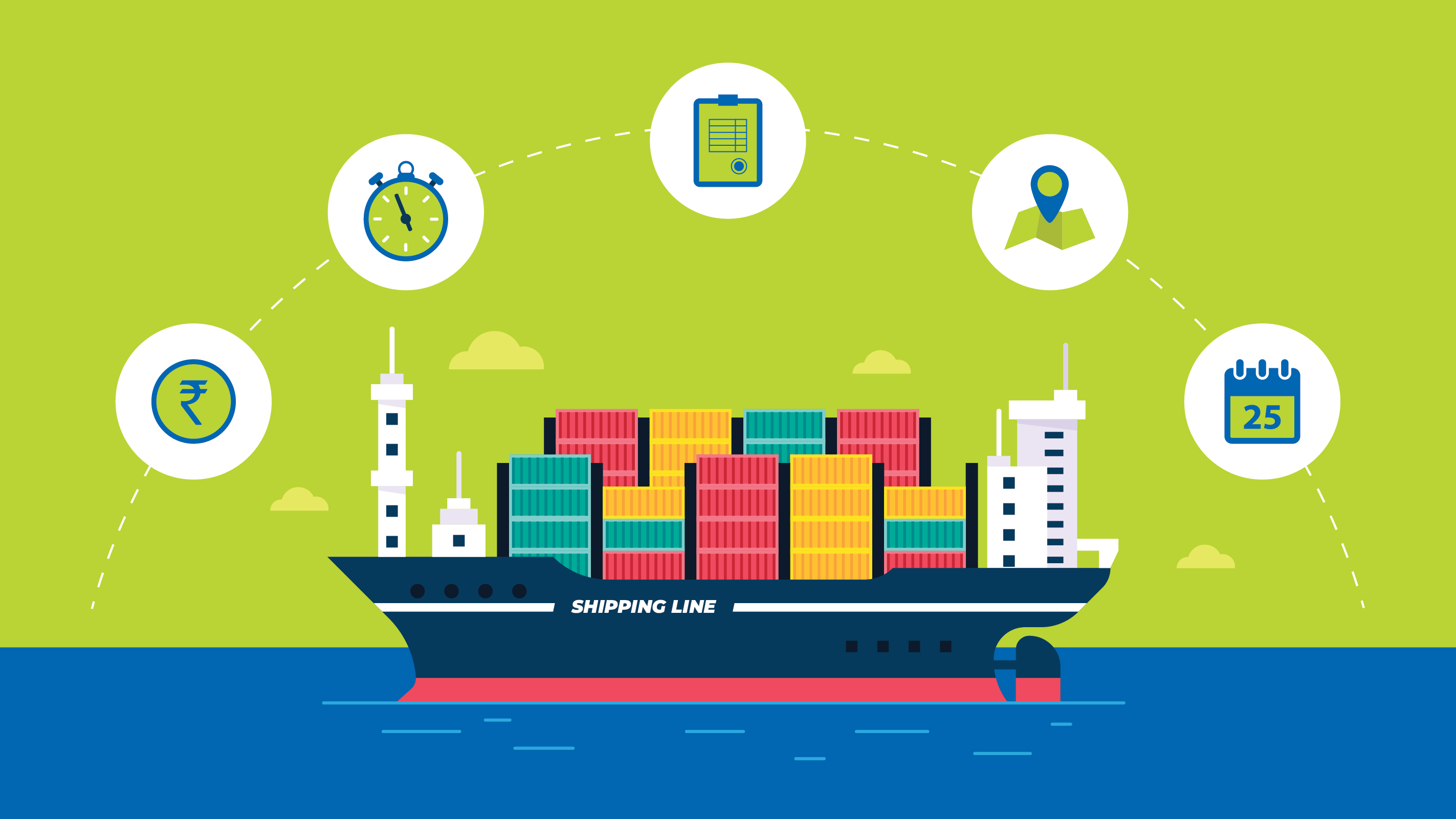
While air cargo offers unparalleled speed and express delivery services cater to urgent needs, sea
cargo remains a cornerstone of global trade. Often perceived as a traditional method, sea cargo
holds significant advantages for B2B businesses, particularly when considering cost-
effectiveness, transport capacity, and environmental impact.
In this article, let's dive into five key benefits of sea cargo that solidify its position as a strategic
choice within your global supply chain.
1. Unmatched Cost-Effectiveness for Bulk Shipments
Ocean vessels boast immense cargo capacities, allowing them to transport vast quantities of goods at significantly lower per-unit costs compared to air freight or even some land-based transportation methods.
Modern cargo ships are designed for fuel efficiency, translating to lower transportation costs over long distances. While fuel prices can fluctuate, sea freight typically offers a more stable cost structure compared to air cargo, which is more susceptible to fuel price volatility.
Sea freight generally offers more predictable pricing structures. Unlike air cargo, which can incur additional charges for factors like weight and dimensions, sea freight pricing is often based on container size and route, allowing for more accurate budgeting and cost control.
2. Ideal for Large and Heavy Cargo
From large machinery and industrial equipment to raw materials and bulk commodities, ocean vessels are specifically designed to handle a wider range of cargo types and sizes compared to other transportation methods. This versatility allows B2B businesses to leverage sea cargo for a broader spectrum of their shipping needs.
Sea cargo seamlessly integrates with other transportation modes. Containers can be easily transferred to trucks or trains for inland transportation, offering a comprehensive and flexible logistics solution for even the most complex supply chains.
3. Global Reach and Established Infrastructure
Sea freight boasts an unparalleled global reach, connecting continents and facilitating international trade on a massive scale. With a vast network of established ports strategically located around the world, sea cargo offers access to a wider range of global markets compared to other transportation methods.
Decades of development have established a robust maritime infrastructure, including well-maintained shipping lanes, efficient port operations, and a global network of maritime professionals. This established infrastructure ensures the smooth and reliable transportation of goods across vast distances.
4. Environmental Sustainability
Compared to air cargo, sea freight boasts a significantly lower carbon footprint per unit of cargo transported. This is due to the fuel efficiency of modern cargo ships and the sheer volume of goods they can transport in a single voyage.
The maritime industry is actively investing in sustainable technologies, such as alternative fuels and improved ship design, further reducing the environmental impact of sea freight. By choosing sea cargo, your business can contribute to a more sustainable global supply chain.
5. Risk Mitigation and Security
Stringent international regulations govern the maritime industry, ensuring standardised safety protocols and secure transportation of goods. Modern sea cargo vessels utilise advanced tracking systems to monitor your shipment's location and status in real time. This transparency minimises the risk of loss or damage and enhances overall supply chain visibility.
Sea cargo remains a vital link in the global B2B supply chain. By capitalising on its cost-effectiveness for bulk shipments, exceptional capacity for large and heavy cargo, extensive global reach, environmental sustainability, and robust risk mitigation strategies, you can leverage sea cargo as a strategic asset within your global logistics network. Remember, the ideal transportation mode depends on your specific needs. However, for cost-effective and reliable transport of large volumes of non-perishable goods, sea
